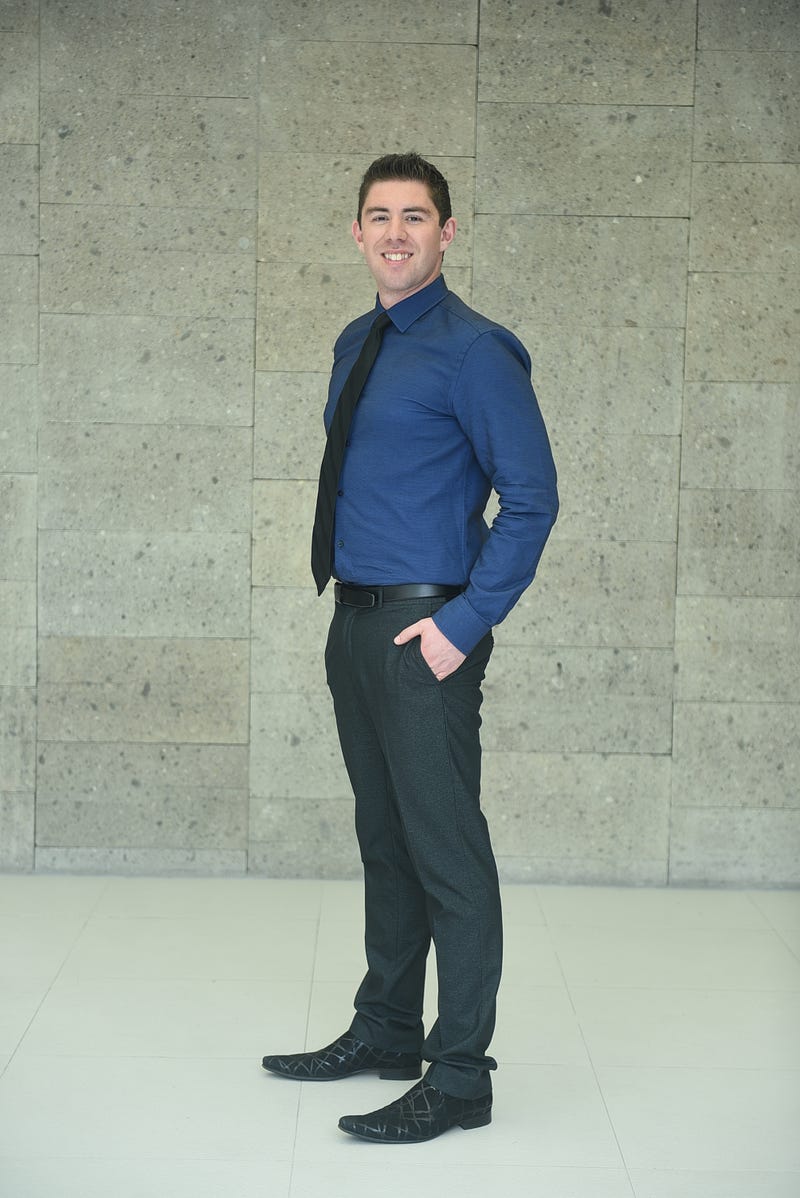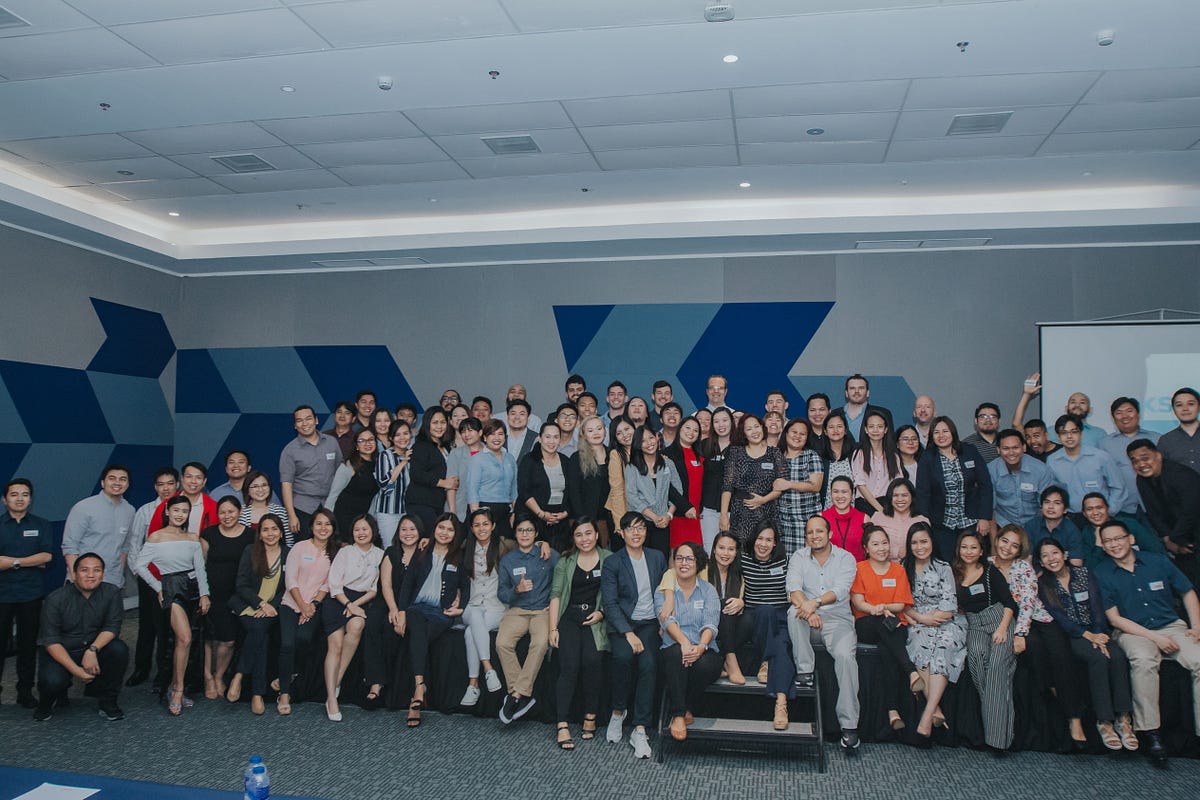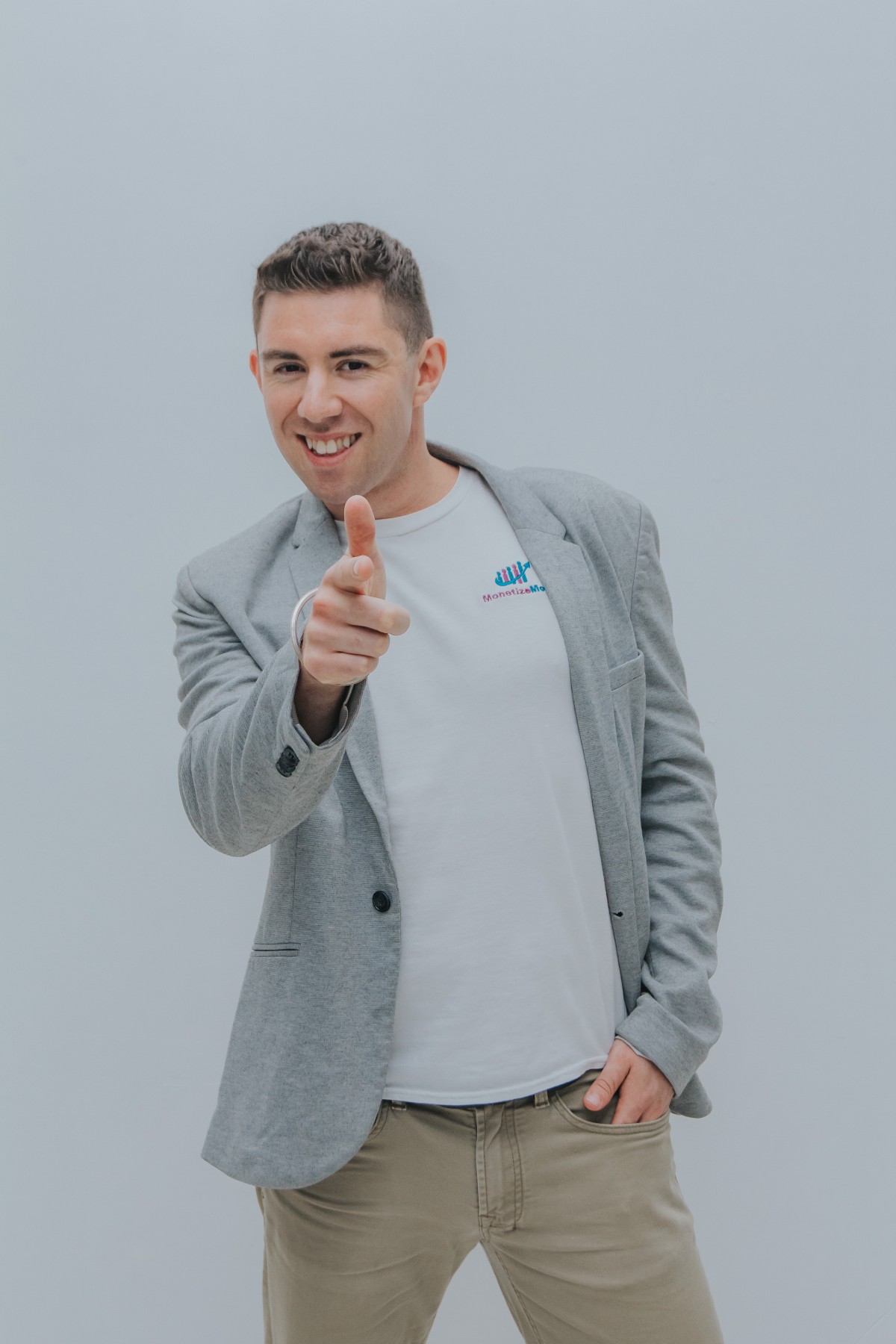Traveling is a great way to strengthen resiliency. That is one of the reasons I choose to travel 12 months of the year. I am more grounded and resilient of a person as a result. Especially when traveling in developing countries, you have to have your wits about you. You have to be ready for the unexpected. I always have a plan B in my personal life and business life because of the lessons that traveling has taught me.
In my work as a coach and consultant, I speak with business leaders across multiple industries about their most significant challenges. One common theme continues to emerge — rapid change and disruption are the new norm in business, and the only constant is the demand for resilience. At the heart of resilience is the ability to adapt and recover quickly from adversity. I am certain that more than intelligence and talent, resilience is the single most important trait required to succeed in today’s highly complex market.
My “Rising through Resilience” interview series explores the topic of resilience in interviews with leaders across all walks of business.
I had the pleasure of interviewing Kean Graham.
Kean is the CEO of MonetizeMore, an 8-figure ad tech company that is a Google Certified Partner with 100+ full-time team members remotely based across the planet. MonetizeMore was conceived in the mountains of Machu Picchu and has grown to $20M in revenues. Graham has traveled to over 90 countries during the 9 years that he has been growing MonetizeMore.
Thank you so much for joining me! Before we begin, our readers would love to get to know you a bit better. Can you tell us a bit about your backstory?
I originally fell in love with the online industry when working for a large online classified network. The job was an immense learning experience but once the recession hit, the company decided to lay off the marketing department. I lost the best job I ever had but I was determined to turn the bad into something great.
Five days later, I’m on a plane to South America to go on a life changing trip. Four months into my backpacking trip I was on a four-day trek through the incredible Inca trail towards Machu Picchu. By the end of it, I was sitting on top of Wayna Picchu reflecting on my experiences throughout my trip. I have had the most fulfilling time of my life and it finally clicked:
I will work and travel when I want, where I want.
I had to start a digital business to enable this autonomous lifestyle. Seven months later I started the digital business called MonetizeMore which now offers this autonomous lifestyle to every member of our team. This type of lifestyle is no longer just a dream.
What are the top three factors you would attribute to your success as a leader at MonetizeMore?
1. Authenticity: I never delegate tasks that I wouldn’t do myself. I am an authentic leader leads by example and not by orders. An authentic leadership company culture is empowered by the same work lifestyle that the founder has enabled for him or herself. Authentic leadership in the tech industry requires disruption via innovation that has never been explored before. It’s the effect of authentic leadership on each of our team members that has led MonetizeMore to success.
2. Data Driven: This is a trait that is in greater need today by great leaders vs. decades before because of the onset of technology and richer data. I have pushed hard to make MonetizeMore a data driven company from the early days. As a strong leader, I know about the potential of bias in my decisions. That is why all key performance indicators (KPIs) are tracked every day and leveraged when making important decisions or giving feedback. KPIs are the best way to tell an unbiased story.
3. Great Communicator: Active listening is the fastest way to become an effective leader because it not only improves communication with my team members, it has accelerated my growth as a leader. Active listening has increased respect for me as a leader and allowed me to understand what I need to do to become a more effective leader.
In your opinion, what do you think makes your company stand out from the crowd?
As a location independent business in a relatively traditional advertising industry, MonetizeMore has been an enigma. We approach ad optimization from a create value first then charge after perspective. All our competitors charge a revenue share of all their publisher clients’ revenues. We started by charging a percentage of the increase we earn for them. Therefore, we charged nothing if we did not increase their ad revenues. We live and die by our performance which has propelled us to build the best ad optimization practices and technology which has enabled us to be the best performing ad optimization company in the industry.
Thanks to our value first model, we’ve been able to establish high-trust relationships with premium publishers that have worked with us for 6+ years and counting.
How has your company continued to thrive in the face of rapid change and disruption in your industry?
The ad tech industry is a fast moving industry that has seen dramatic changes to the foundation of the industry on a regular basis. Therefore, for MonetizeMore to be successful, we need to be agile. We’ve had recent regulations like GDPR and CCPA change the ad tech landscape for data tracking and there’s more to come. We’ve responded to these regulation changes by seeing the opportunity and built a tool called PubGuru Data Guard which enables publishers to be compliant with these data regulations.
If we weren’t agile, we would constantly scramble from each industry change rather than quickly adjust and take advantage of them. The difference is night and day and the window of opportunity tends to close quickly.
Ok thank you for all that. Now let’s jump to the main focus of this interview. We would like to explore and flesh out the trait of resilience. All of my successful clients seem to have one quality in common, and that is resilience. What does resilience mean to you?
Resilience is the act of facing adversity on a consistent basis over a long period of time and never giving up. When many other companies would have given up years prior but you keep on pushing forward. For companies that are resilient, adversity isn’t a problem, it’s an opportunity to beat it and get to the next level. There are few more formidable things than the underdog advantage which adversity enables.
When you think of tenacity and endurance, what person comes to mind?
Tenacity and endurance brings Elon Musk to mind. This guy works crazy hours, day-in and day-out broken down into 5 minute increments and never quits no matter the height of adversity. I’ve never seen such a driven entrepreneur in my life. He’s faced some of the toughest challenges in entrepreneurship and eventually prevailed while being CEO of multiple companies.
When I’m faced with adversity, I think how much easier mine is relative to Elon’s.
Has there ever been a time that someone told you something was impossible, but you did it anyway?
Many people told me it’s impossible to run a company 100% remotely. They can’t get their head around running a business without an office. I knew very well that an office is simply a physical construct built out of habit less from necessity. Despite many people telling me I’d have to eventually get an office at X number of team members, we’re still going strong with over 140 and growing.
The dawn of the internet has enabled such incredible decentralized possibilities. In my opinion, location independent businesses and lifestyles are one of its greatest by-products.

Did you have a time in your life where you had one of your greatest setbacks, but you bounced back from it stronger than ever?
In January 2014 our largest publisher at the time received a spam attack from one of their competitors. After 3 weeks of investigation, the violation was deemed large enough to ban the whole master account. When Google bans an account, they revoke all unpaid ad revenues which added up to $2.2 million USD that was owed to MonetizeMore and our publishers.
This was crushing news that brought MonetizeMore to the brink of bankruptcy, however, our team was able to rally and come out of this horrible situation stronger than ever. We were able to retain a decent percentage of our publisher partners and had to make one-off deals with several. We responded to the Google ban by implementing three measures to prevent a Google ban from happening again and to be less dependent on Google: stringent screening, fraud detection & suppression tech, diversified revenues.
Since the ban, we have been able to patch up our relationship with Google. Our relationship with Google is better than ever and MonetizeMore is a healthier company thanks to the measures we implemented after the ban.
Did you have any experiences growing up that have contributed to building your resiliency?
I grew up in the Rocky Mountains of Canada in the wilderness. We lived for five years off-the-grid relying on solar power back when solar power was very new and lacked efficiency and capacity. We definitely “roughed” it for many years of my childhood. It taught me to be resourceful, never waste and be resilient through tough times.
Tough times in my adult years seem to pale in comparison to my childhood. My ability to re-frame by comparing my challenges and lifestyle to my childhood make dealing with adversity much easier. Plus, I always know if things go really wrong, I still know how to rough it until I’m back on my feet.
Resilience is like a muscle that can be strengthened. What strategies do you use to strengthen your resilience?
Traveling is a great way to strengthen resiliency. That is one of the reasons I choose to travel 12 months of the year. I am more grounded and resilient of a person as a result. Especially when traveling in developing countries, you have to have your wits about you. You have to be ready for the unexpected. I always have a plan B in my personal life and business life because of the lessons that traveling has taught me.
What are your thoughts on how leaders can create a more resilient workforce?
We build resilience into our workforce using two strategies:
- Earn It: If the team is asking for a particular benefit, salary increase or adjustment that will cost the company, we agree to it as long as they hit X milestone. Handouts enable weak character. They don’t provide positive incentives. Instead, we make our team members earn what they ask for so they grow in the process and they have the feeling of accomplishment once they hit that milestone.
- Delegated Problem Solving: When there are problems, our leaders don’t swoop in like Superman and save the day. Instead, we lead like Yoda and ask the team member how they would fix the issue. After they give the answer, we give them the opportunity to be involved in the execution of their problem solving idea.

Extensive research suggests that people who have a clear purpose in their lives are more likely to persevere during difficult times. What is your purpose?
I am not surprised about this finding because I’ve always been quite purposeful and a big reason I’ve been successful as an entrepreneur is my perseverance during tough times. I strive to grow MonetizeMore as large as possible, disrupt the ad tech industry and make PubGuru the go-to ad ops platform.
My general purpose is to empower. MonetizeMore’s purpose is to empower ad monetized publishers. I get the most fulfillment to see our team members thrive and see how my empowerment has changed their lives for the better. I want the products we create to empower other entrepreneurs to become financially independent and further grow their businesses.
What is your favorite quote or personal philosophy that relates to the concept of resilience?
“You will never write an extraordinary story until you realize you are the author”
This is an incredible quote because it enables me to enjoy my victories more and bounce back from my failures quickly. For victories, I know that even if there was a bit of perceived luck involved, it was my previous actions to inevitably lead to that event.
More importantly for my failures, I am able to learn from them immediately because I take responsibility and reflect on how I could have prevented the negative situation so that it never happens again. From there, I change a good thing into a bad thing by approaching the negative situation from a new clever angle. This allows me to build resilience to face greater adversity.
Can our readers follow you on social media?
Twitter: http://twitter.com/monetizemore
Facebook: http://facebook.com/MonetizeMore
Google+: http://plus.google.com/+MonetizeMorePosts/
LinkedIn: http://linkedin.com/company/monetizemore
YouTube: http://www.youtube.com/channel/UCQI2U5c8n9bmEd_rv5K2s9g
Instagram: https://www.instagram.com/monetize_more/
This interview was inspiring. Thank you very much.
About the Author
Alexandra Friedman is an executive business coach with more than 25 years of experience enhancing the performance of individuals, teams, and companies such as Xerox, Peppers and Rogers Group, Microsoft, and The Wall Street Journal. She received an MS in Management from Loyola Marymount University and earned her Executive Coaching certification from Columbia University.
Resiliency Quiz: How resilient are you? https://www.friedmansolutions.com/assessment


